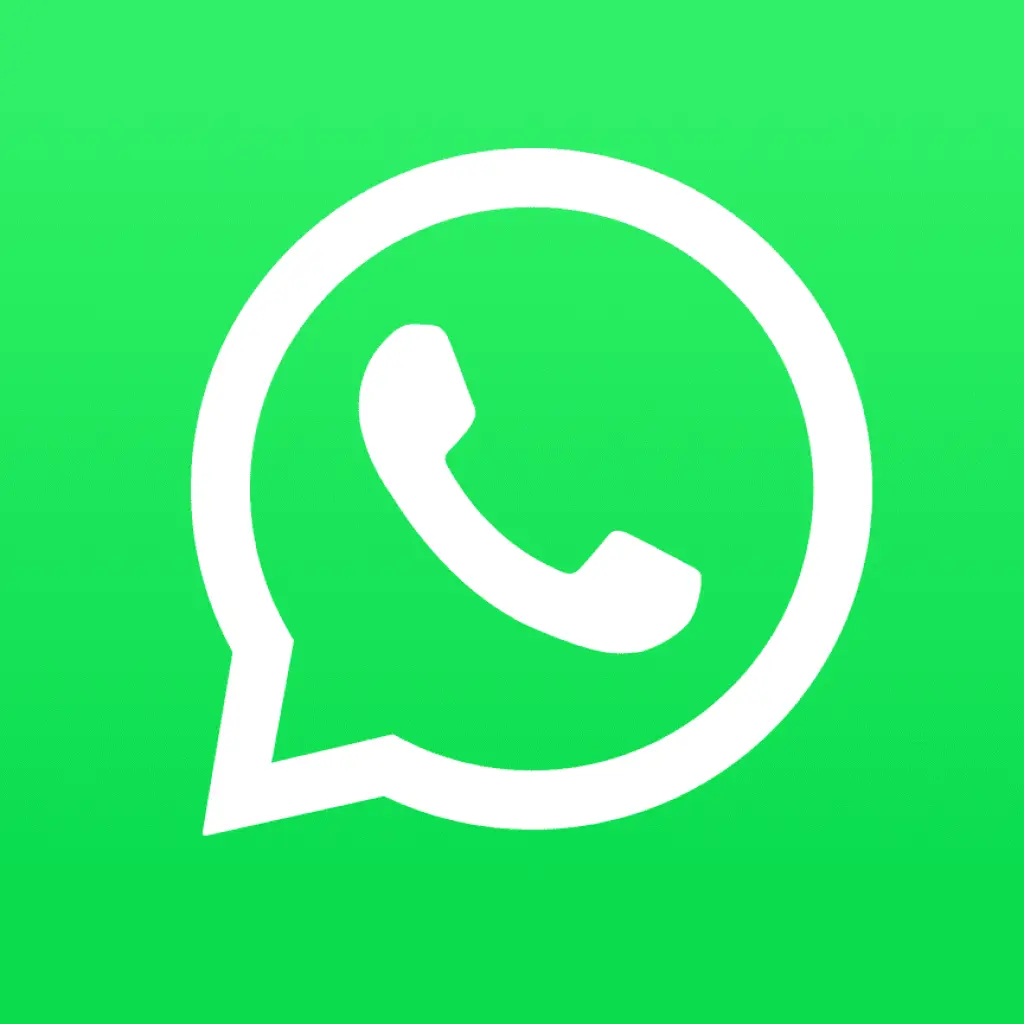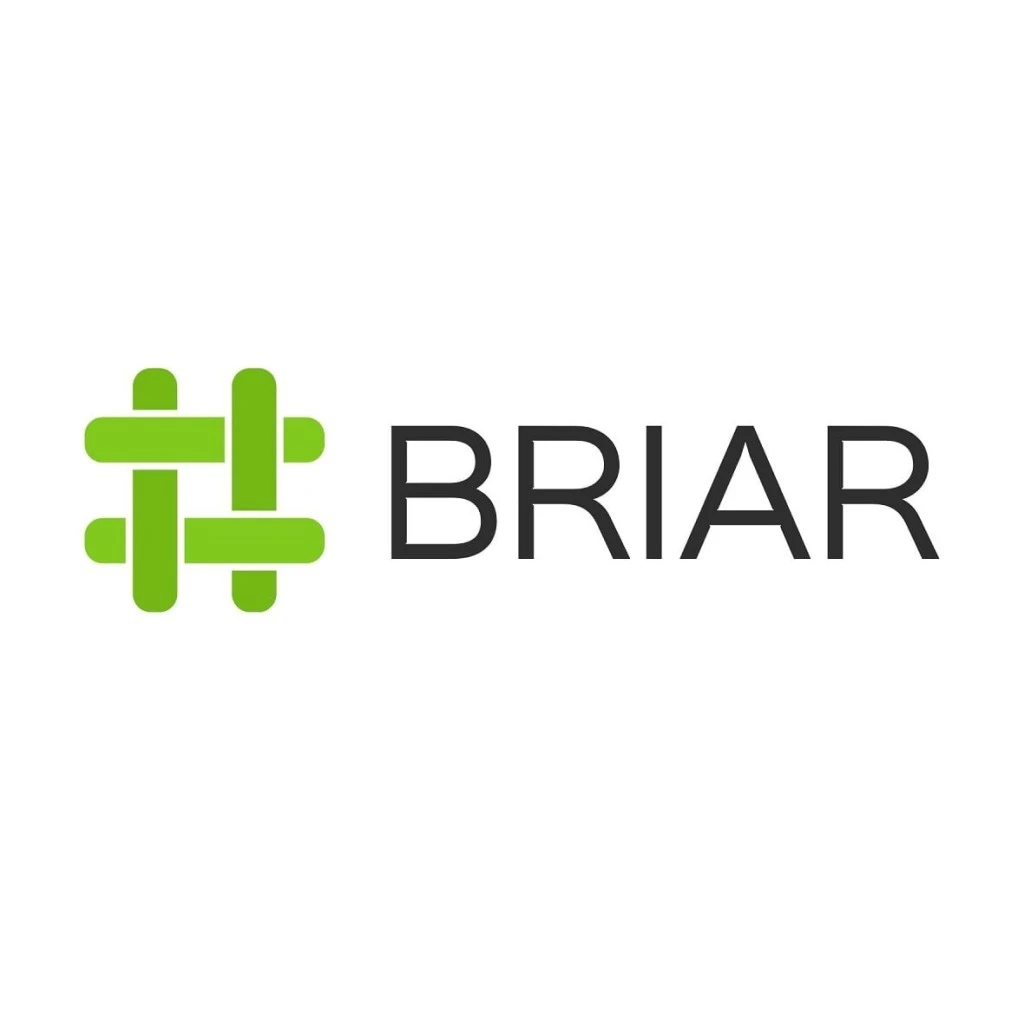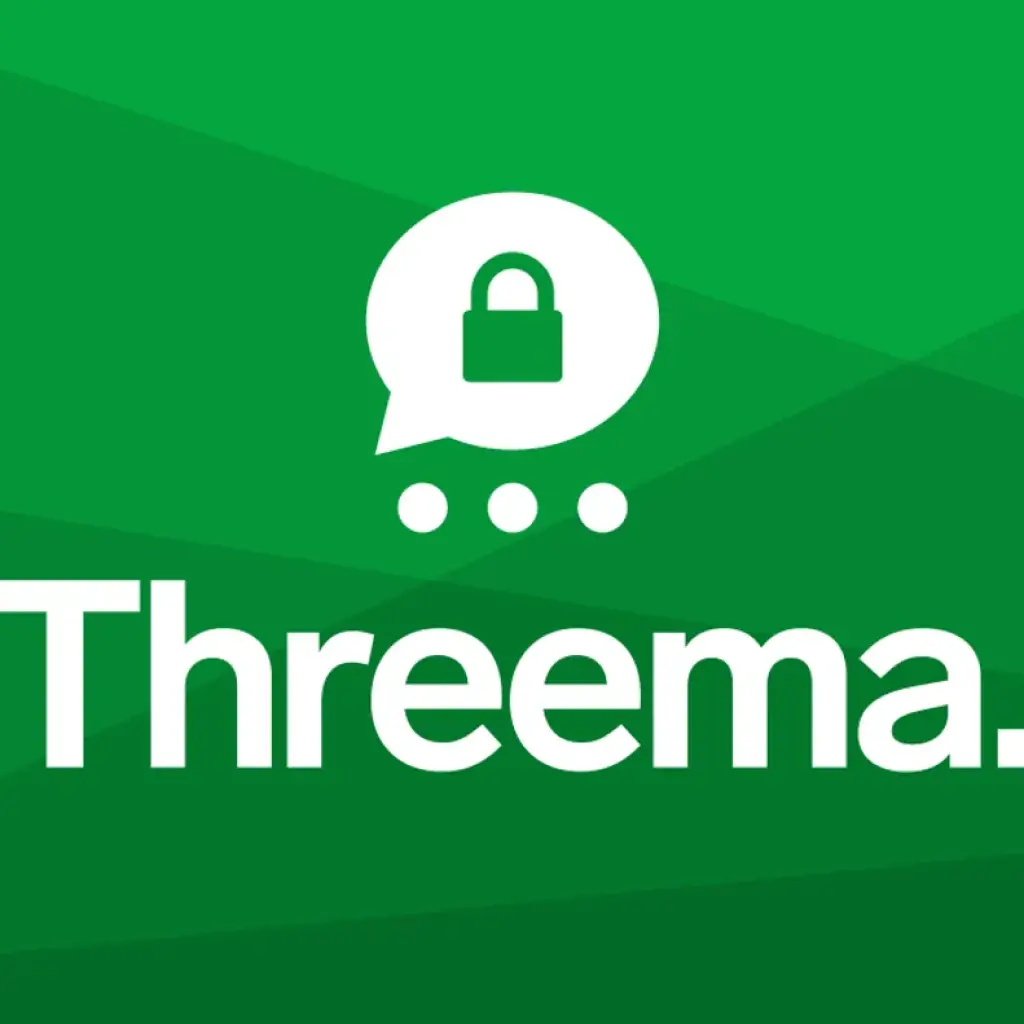WhatsApp was once marketed as the gold standard of private messaging. No ads, end-to-end encryption, just you and your friends sending memes at 2 a.m. Then Meta (formerly Facebook) bought it, and the fairy tale ended. Today, WhatsApp still pretends to be the champion of privacy, but behind the green logo it has been caught sharing user data with its parent company and cozying up to outside partners. Your “private” messages are safe, until they aren’t.
Instead of simply delivering secure chats, WhatsApp now doubles as a corporate activist. It pushes climate change campaigns, lectures users on inclusivity, and inserts global NGO partnerships into what should be a straightforward messaging service. If you thought WhatsApp was only for group chats and voice notes, the app is happy to remind you that it is also your personal hall monitor.










